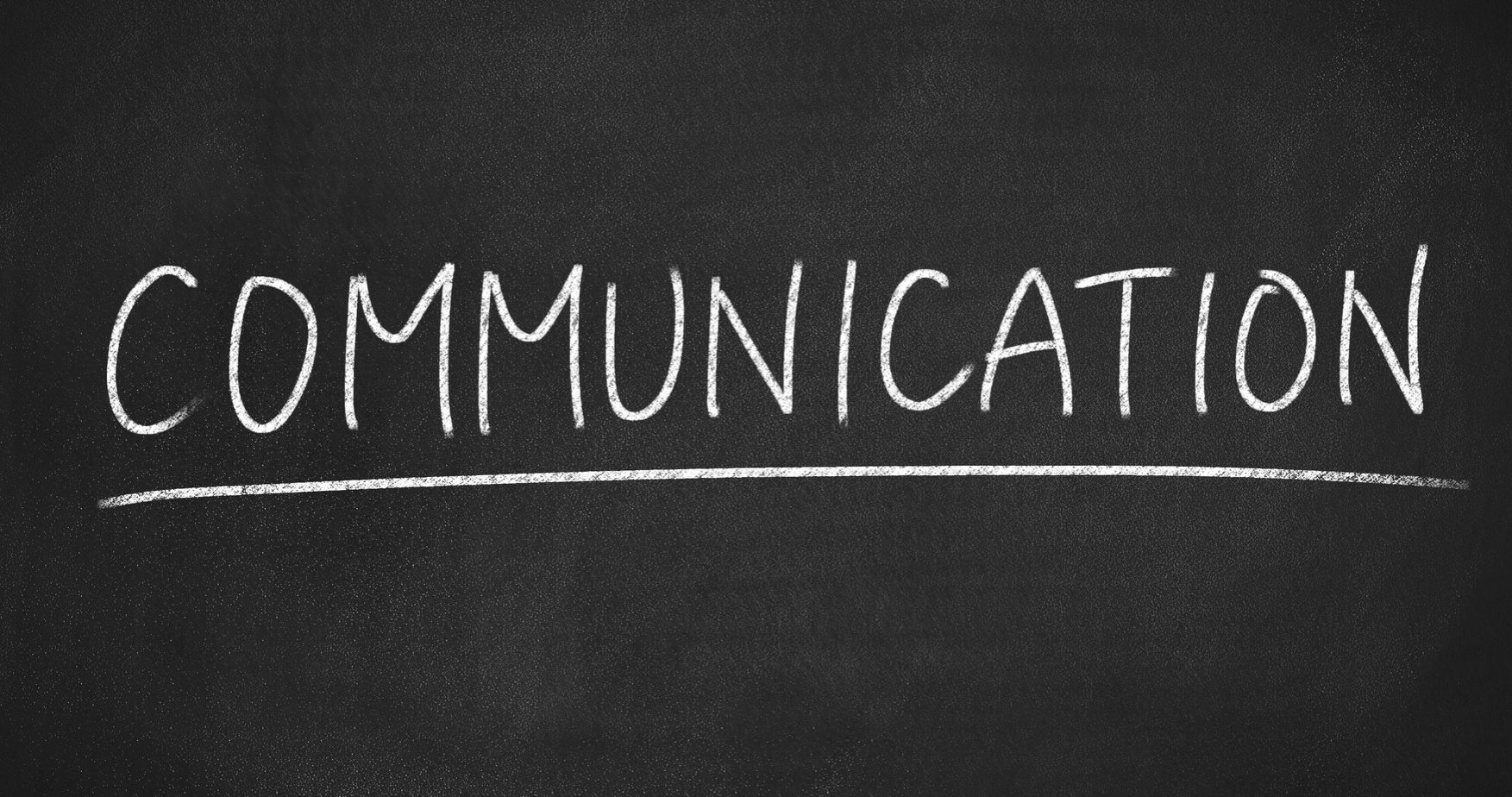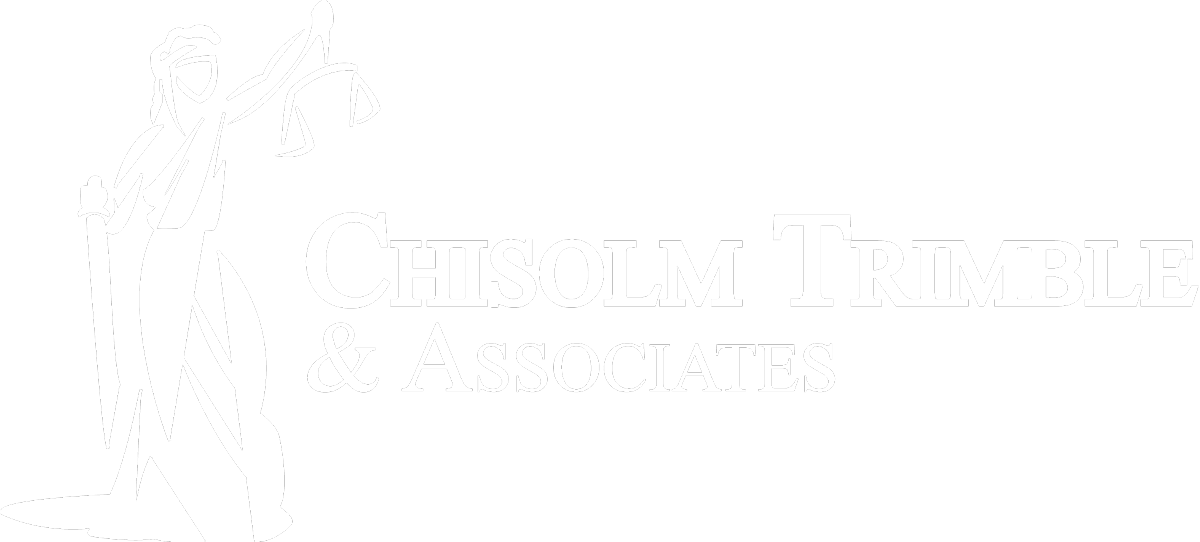How to Communicate with Your Ex-Spouse Under Georgia Law

Effective communication with your ex-spouse is essential for successful co-parenting and ensuring the well-being of your children. In Georgia, family courts prioritize the best interests of the child under O.C.G.A. § 19-9-3, which includes fostering a cooperative relationship between parents. Whether your interactions are in person, over the phone, or through written messages, maintaining respectful and child-focused communication can prevent conflicts and legal disputes. Courts encourage parents to establish clear and consistent methods of communication to avoid misunderstandings and promote a stable co-parenting dynamic.
One of the best ways to communicate effectively is by keeping discussions focused on the children and avoiding personal conflicts. Under O.C.G.A. § 19-9-1, Georgia courts require a parenting plan that details how parents will share information about their child’s education, health, and general welfare. Using email, text messages, or co-parenting apps like OurFamilyWizard or Talking Parents can help document conversations and prevent disputes. In Viskup v. Viskup, 291 Ga. 103 (2012), the Georgia Supreme Court reinforced that courts favor cooperative co-parenting over contentious interactions, emphasizing the need for clear and documented communication.
Another important aspect of communication is respecting boundaries and avoiding hostile interactions. Under O.C.G.A. § 16-5-90, harassment, including excessive or threatening communication, can result in legal consequences, such as a protective order. If conflicts arise frequently, parents may benefit from court-ordered mediation under O.C.G.A. § 19-9-1.1, which allows a neutral third party to facilitate productive discussions. In cases of high-conflict co-parenting, using parallel parenting—where communication is kept minimal and only necessary information is exchanged—can be an effective strategy.
Finally, it is important to comply with all court orders regarding communication and custody. Failure to share important information about the child or violating a custody agreement can result in legal penalties under O.C.G.A. § 19-9-3(d). If one parent refuses to communicate or withholds information, the other parent can file a motion for contempt in family court. By keeping communication respectful, child-centered, and legally compliant, co-parents can create a more peaceful and supportive environment for their children, even after divorce.
If you are navigating co-parenting after divorce in Georgia, it’s important to have the guidance of experienced family law attorneys who can help you develop a parenting plan that is in the best interests of your children. Contact our office at 770-741-1570 or visit www.chisolmtrimblelaw.com for expert assistance. As one of Georgia’s top 10 family law firms, we are committed to helping families navigate the complexities of co-parenting and custody issues.


